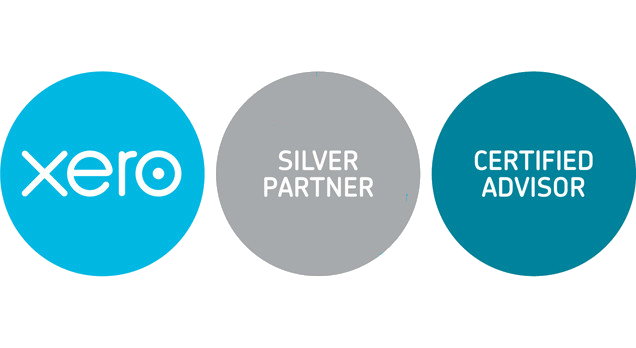Effective credit control is the art of turning sales into cash without damaging customer relationships.
By combining clear processes, the right technology, and timely follow-ups, you’ll minimise bad debt, improve cashflow, and strengthen your bottom line.
Key Principles of Credit Control
- Set clear payment terms
- Define due dates and late-payment penalties in writing
- Ensure customers acknowledge terms before work begins
- Vet your customers’ creditworthiness
- Use credit reports for new or large clients
- Establish internal credit limits and review periodically
- Invoice promptly and accurately
- Issue invoices on the agreed trigger (delivery, milestone or month-end)
- Include clear references and payment instructions
- Communicate consistently
- Send automated reminders ahead of due dates
- Make friendly courtesy calls on the day after a missed payment
- Escalate when necessary
- Apply credit holds on repeat late-payers
- Engage debt-recovery specialists or legal advice for long-overdue accounts
Tools to Monitor Customer Risk Profiles
- Creditsafe
- Global coverage, real-time credit scores and director searches for key clients
- Debtor Watch
- Sector-specific payment behaviour insights and early-warning alerts
- Cloud Accounting Platforms
- Xero and QuickBooks aged receivables reports
- Automated reminder workflows and SMS integrations
- Internal Credit Scoring Models
- Customised to your industry’s risk drivers
- Combine financial ratios, payment history and order volumes
Proactive Monitoring and Follow-Up
- Issue invoices immediately after delivery or milestone completion.
- Automate reminder emails at configurable intervals (e.g. 7 days before, on due date, 7 days after).
- Make personal follow-up calls when invoices become overdue by 7–14 days.
- Review accounts weekly, flagging any customers approaching their credit limit.
- Escalate to formal demand letters or credit hold after 30 days past due.
Timelines for Effective Credit Control
| Days from issue invoice | Action |
| 0 | Invoice issued |
| 7 | Automated “due soon” email reminder |
| 1 day after due | Automated late-payment notification |
| 7 days after due | Personal courtesy call |
| 14 days after due | Second reminder plus credit-limit review |
| 30 days after due | Final demand letter; consider debt recovery |
Credit Insurance
Credit insurance safeguards your business against non-payment by customers. It covers:
- Insolvency of debtors
- Protracted default where payment is significantly overdue
- Political or macro-economic events in export markets
Working with providers like Euler Hermes, Atradius or Coface, we’ll assess which policies suit your customer mix and budget. That way, even if a major client hits trouble, your cashflow stays protected.
Why Choose Us?
- Local, hands-on team in Sussex with deep SME expertise
- Debtor Watch and Creditsafe integration for real-time risk monitoring
- Automated workflows in Xero, QuickBooks and Sage to reduce manual chasing
- Bespoke credit-scoring templates refined across multiple sectors
- Clear escalation processes and partnerships with credit-insurance providers
- Friendly, proactive support, no call-centre queues, just specialists who know your business
Leave late payments and cashflow stress behind. Let’s map your credit-control process and keep your cash flowing.




